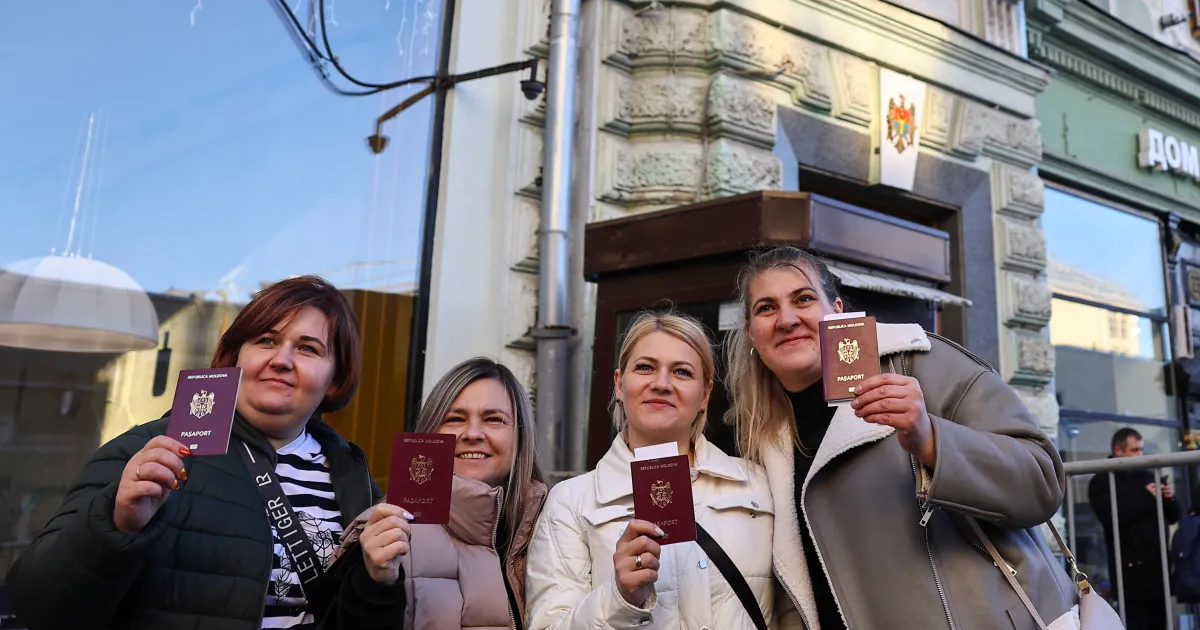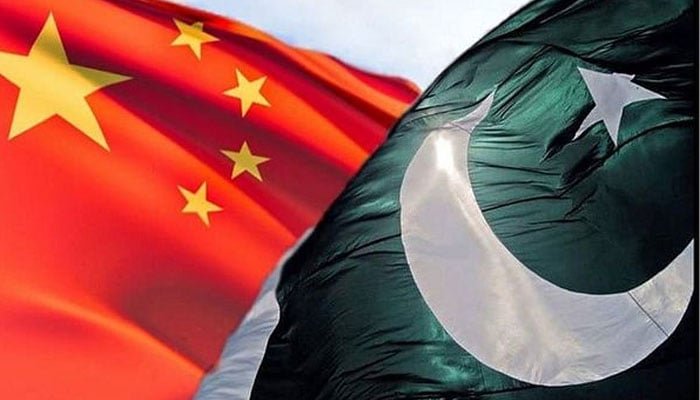Moldova held a pivotal presidential election and referendum on Sunday that could significantly influence the country’s ambitions to join the European Union, amid allegations of Russian interference.
As the conflict in Ukraine shifts the geopolitical landscape, the former Soviet republic has been striving to distance itself from Moscow and initiate EU accession talks. Polls indicate that incumbent President Maia Sandu, who has been a strong advocate for EU membership during her four years in office, holds a clear lead over her ten competitors. However, if she fails to secure more than 50% of the vote, the election will proceed to a run-off on November 3.
The 52-year-old former World Bank adviser is expected to face Alexandr Stoianoglo, 57, a former prosecutor-general supported by the pro-Russian Party of Socialists, should a second round be necessary.
In addition to the presidential election, voters are deciding on a referendum that seeks to amend the constitution to define EU accession as an official goal. A strong “yes” vote would bolster Sandu’s aim of joining the bloc by 2030, while a “no” would represent a significant setback for her administration.
The outcome of these votes is crucial as it will shape the political landscape leading into next summer’s parliamentary elections, where Sandu’s party may face challenges in retaining its majority. After casting her ballot, Sandu urged citizens to participate, stating, “Our vote at the referendum will define our fate for many decades to come.”
While polls suggest a majority of Moldovans support EU membership, five candidates have encouraged their supporters to vote “no” or boycott the referendum, arguing that its timing is intended to enhance Sandu’s electoral prospects. Despite concerns that the referendum might fail to reach the required turnout of one-third of voters, reports indicated that it surpassed the 42% mark by 6 p.m. according to election officials.
Stoianoglo, who boycotted the referendum, expressed the need for a new government, stating that if he were to win, he would work on developing relations with the EU, Russia, the U.S., and China.



